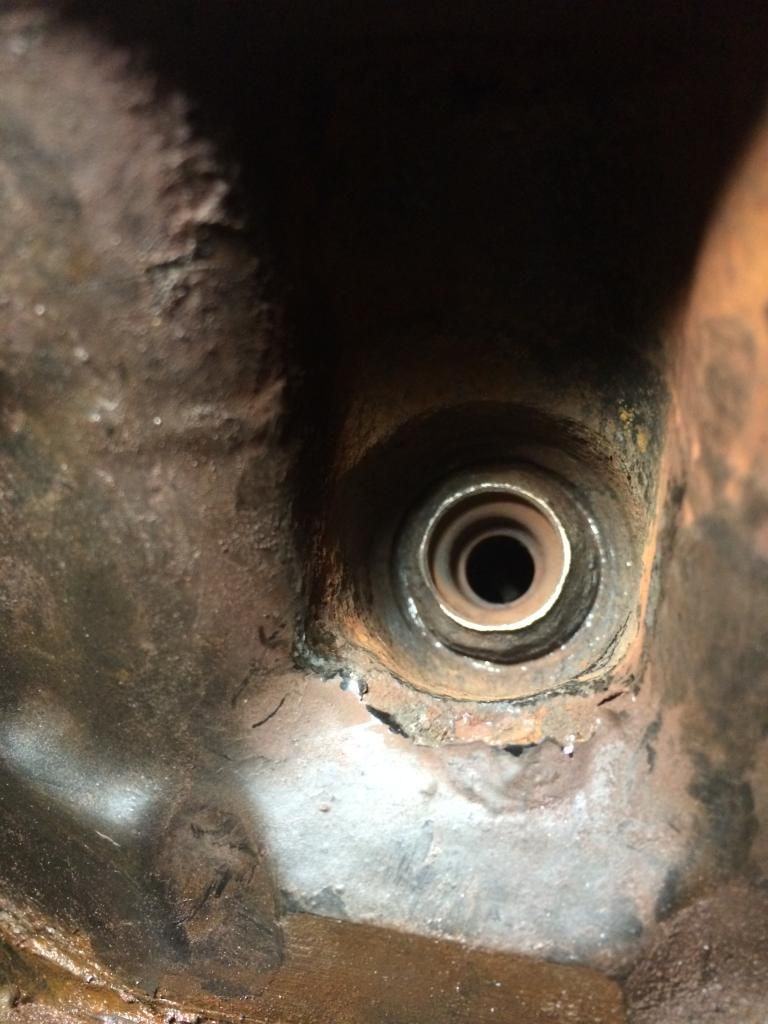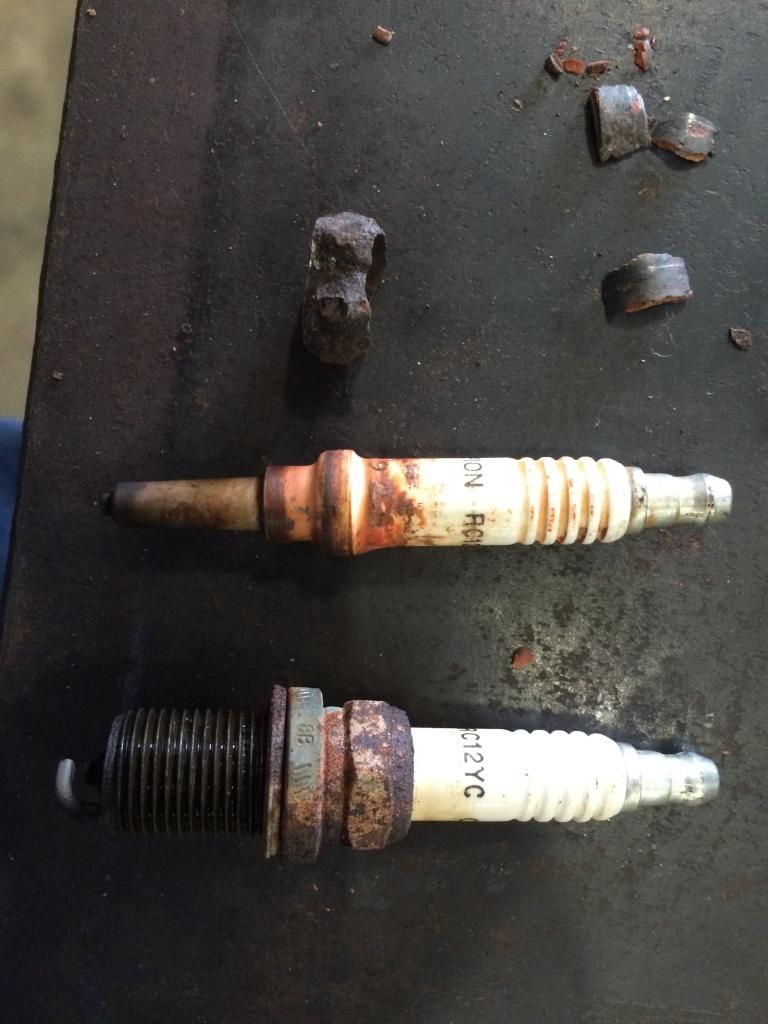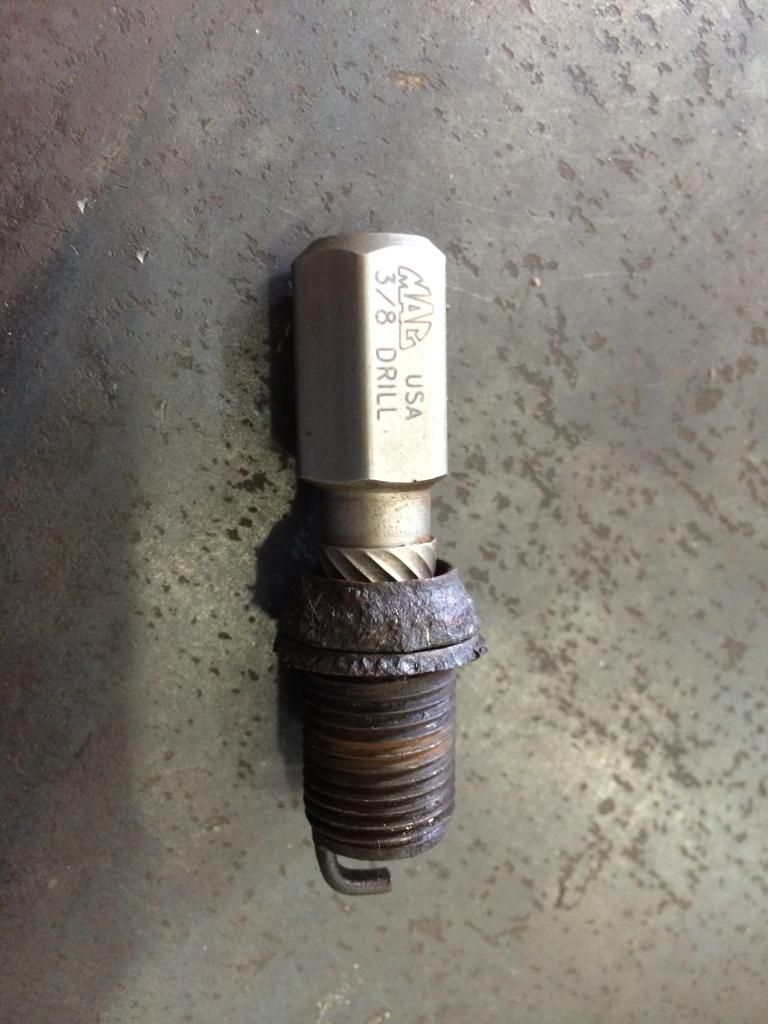AllDodge - It looks like I have .4ohms on the primary, and 8,400 on the secondary. This is true of the old coil which is still on the engine, and the new coil in the box. Of course, I just took those measurements, and everything is cold. I haven't had it running since yesterday.
Glenn - I actually had that printed and was following the procedure on page 6, because I was unsure with 4 wires and a post, which was the primary and which was the secondary measurements per AllDodge's suggestion.
I did find something interesting. Per the Mercruiser sheet, the .4 is correct, as is the 8,400. HOWEVER, per that same sheet, measuring resistance from connection B (12v connection to the coil) and the metal body of the coil is supposed to be 'infinite'.
On the old coil, with that test, I'm measuring 8.5 ohms there. On the new coil, no connection at all.
Does this mean the oil coil is internally shorted? When the engine gets to temp and dies,(earlier this week) I did try to quickly plug in the new coil. This didn't result in the engine starting. However, through this whole thing, I've been relatively certain that the module is junk and just wanted desperately to find the problem rather than throw new parts at it.
So, is a slight short to ground in the coil possibly causing the module to pop? The new module will make the ignition fire properly, and the new coil will keep the module healthy?
Maybe the module isn't really junk, maybe the short in the coil overheats it til it won't run. It might be interesting to install new coil, with old module while cold and try it out, just to learn. It's getting the whole new system before it leaves for sure.
I better check my brain resistance. I'm all over the place here























